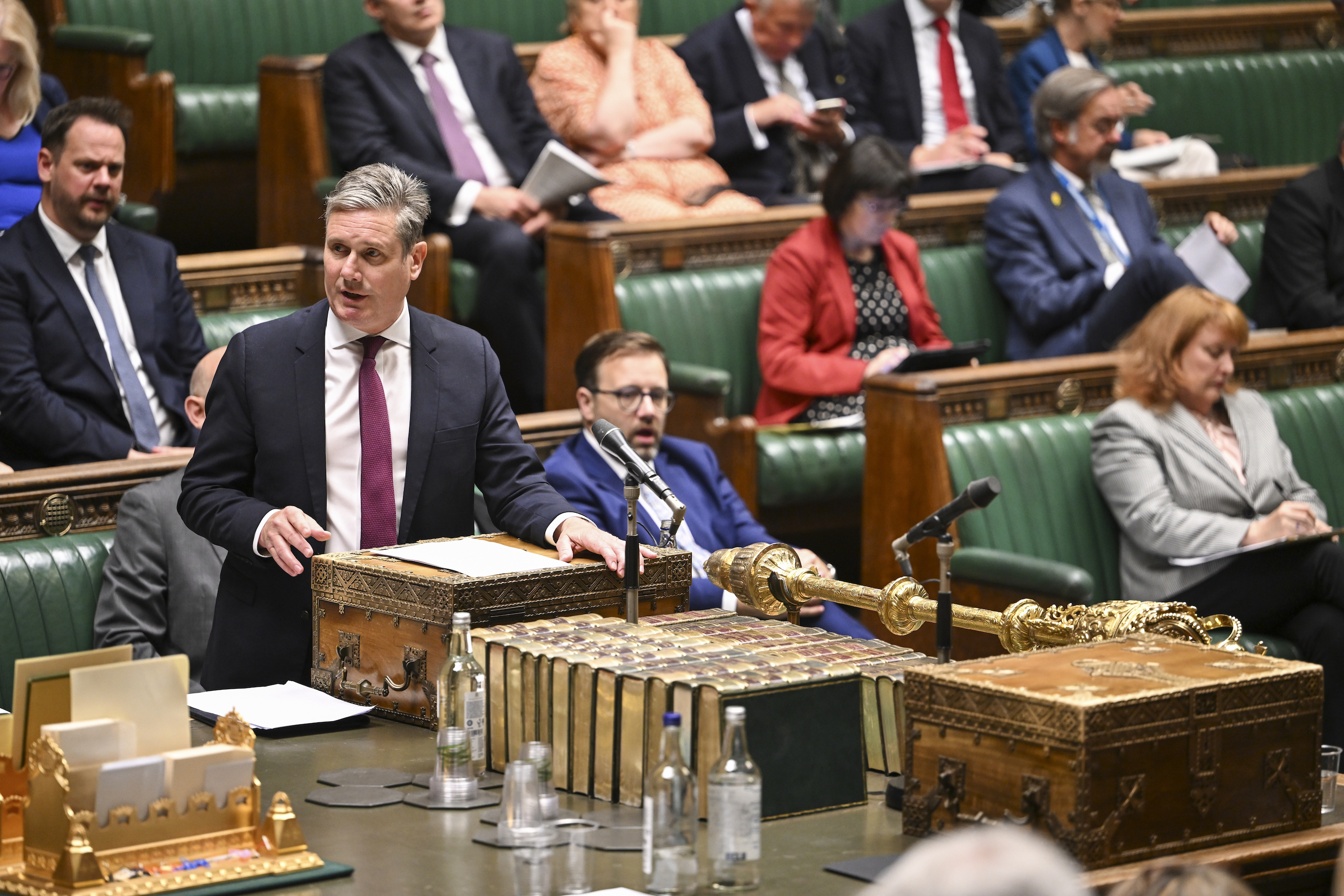Sir Keir Starmer has said he would be unable to afford to go to university if he left school today as he blamed “Tory Economic failure” for soaring prices.
The Labour leader said the economic climate would have “stopped my dream cold in its tracks” if he wanted to study law today.
Sir Keir told the Guardian and the Telegraph he would not have been able to afford to study at the University of Leeds if the economy had been in a similar position in the early 1980s, accusing the government of “choking off the dreams” of a generation.
He said: “There wasn’t any spare money knocking around to fund me going to Leeds. I worked before I went and then got by on grants, as many young people do. I vividly remember carefully calculating rent, bills and food.


“Going to Leeds to study was a turning point for me; it will be a deep betrayal if one of the legacies of this Tory government is university, apprenticeships and skills becoming the preserve of the wealthy.”
He added: “That ambitious and successful students are making decisions about their next steps based on costs and their financial means should shame the Conservatives. Tory economic failure choking off the dreams of the next generation is a deep betrayal of aspirational Britain.
“Talent and aspiration should drive young people – not the affordability of rent, or soaring food prices. I vividly remember the excitement of moving to Leeds to study law. It was a financial stretch then; if I were a student today, I wouldn’t be able to go.”
Tuition fees were first introduced under Labour by Tony Blair at the maximum price of £1,000 a year.
Now fees are a maximum of £9,250 per year, with the current system introduced by the Conservative and Liberal Democrat coalition in the face of severe opposition from students.
Earlier this year, Sir Keir ditched his leadership election promise to scrap tuition fees because of the economic situation and the need to pursue fiscal prudence.
Sir Keir’s personal admission on university affordability came as the government launched what is being called education week, with announcements expected on the names of new free schools in deprived parts of England.

